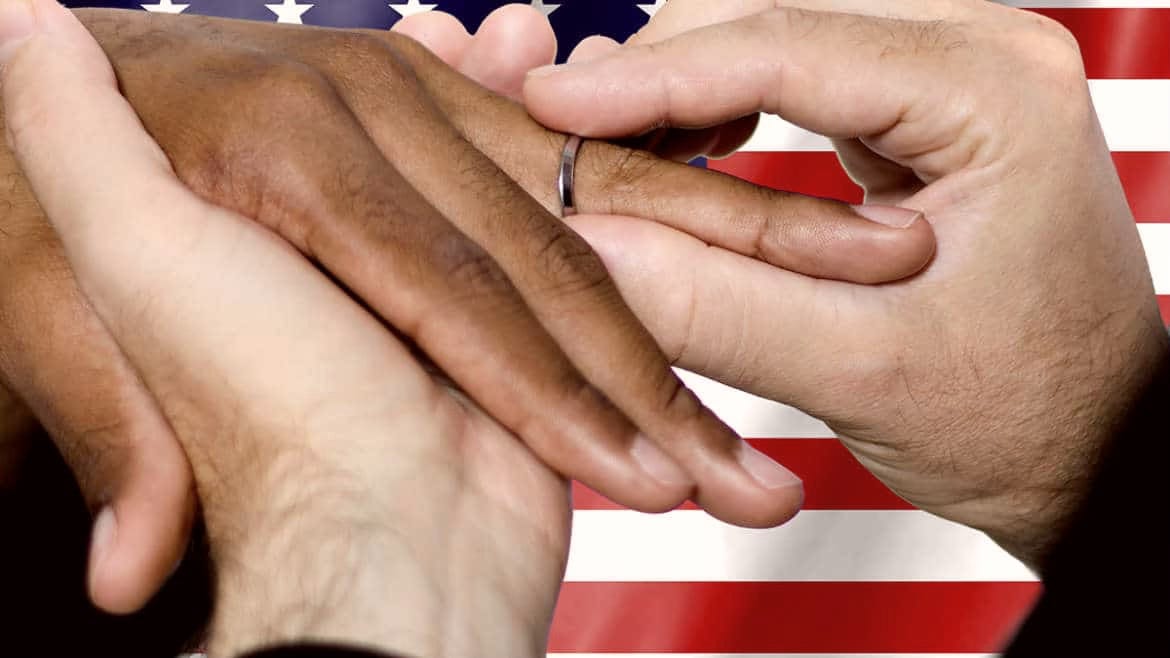Our Love Cannot Be Officiated
Legal recognition is one thing, but gay life has always thrived outside the law.
I’m Alexander Cheves, and this is LOVE, BEASTLY—a blog about sex, feelings, and manhood. It’s written mostly for men—gay, straight, bi, MSM, or just curious—but some readers are women, and some don’t fit into categories. Everyone’s welcome here.
This is one of my more personal essays. Heads up: these can sometimes include explicit content or emotionally triggering subjects.
This post includes a free preview. Subscribe to read more and unlock the full archive.
By now, you’ve heard the news. We can get married legally—same-sex marriage just became legal across the United States.
We can be just like them, our overlords! This is good—completely necessary, completely just—but I can't help but feel a bit patronised. They deigned to let us marry, and just barely. It was a narrow win—a slim 5-4 decision in the case of Obergefell v. Hodges, which resulted in the Supreme Court ruling that state bans on same-sex marriage are unconstitutional. Duh.
It is a wonder that it took until 2015 for the most powerful government on Earth to acknowledge that, just maybe, same-sex partnerships deserve to be real in the eyes of the law—as if we ever cared about being legal, as if we ever needed its legitimisation. This is something that some more progressive countries in Europe have long moved on from, fully gotten over, and fully accepted. The U.S. was one of the stragglers, a major world power still wringing its hands over what’s right in the eyes of God. More than a victory, it feels like a crumb, not even a gesture of goodwill. We had to fight for it. But here it is, ours, and now people will say things like, "I guess the gay movement won!” As if the gay movement was ever about marriage.
It is a privilege for me, sitting on this side of AIDS history, to say all this, but my version of gay love is something rogue, something that cannot be officiated. It does not fit the monogamous, heterosexual paradigm of husband and wife. It never will.
All the most interesting homosexuals I know can say the same. This is a win over something we did not want, and I wonder what we will lose along with it.
Still, it was a nice day.


